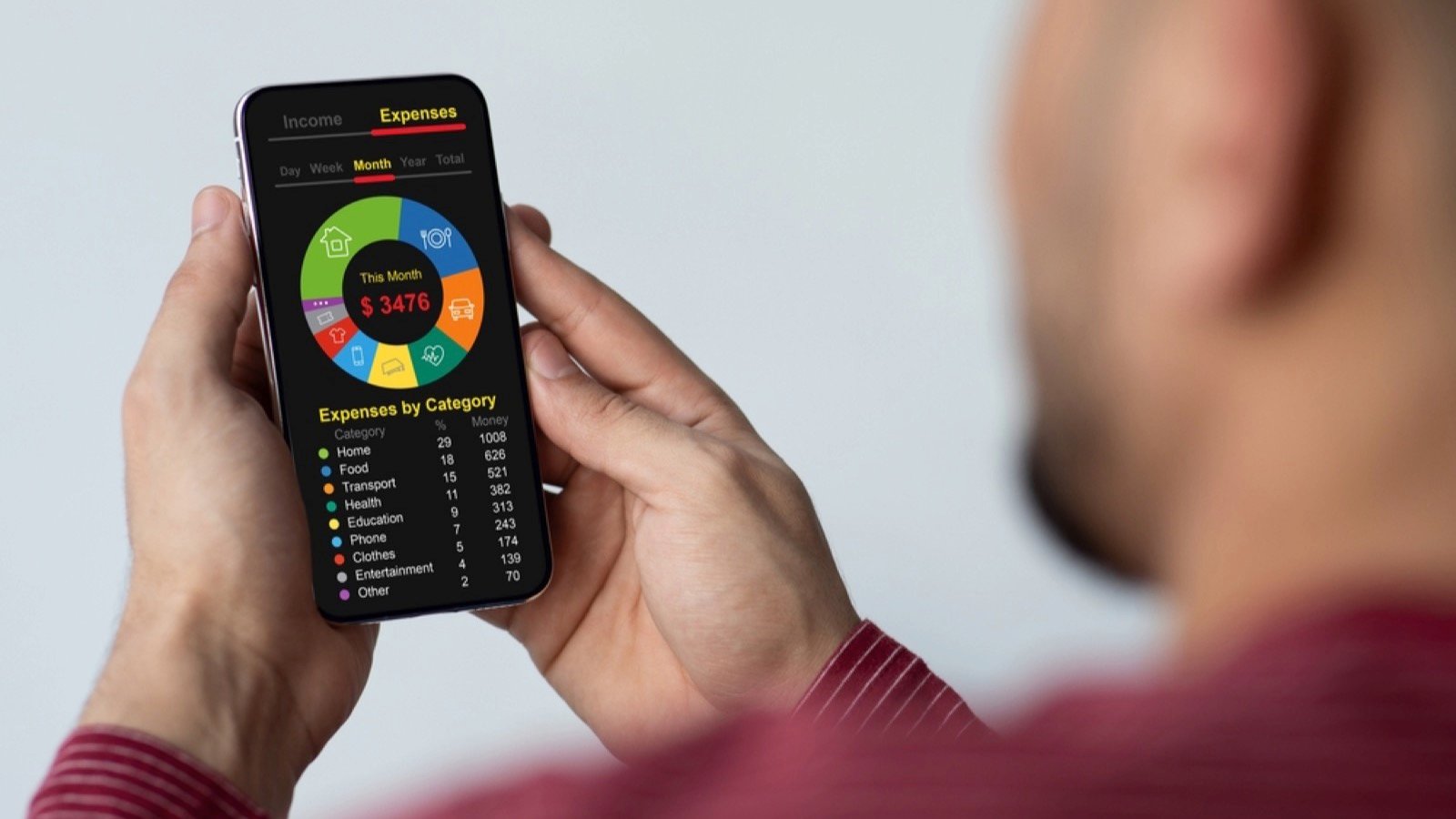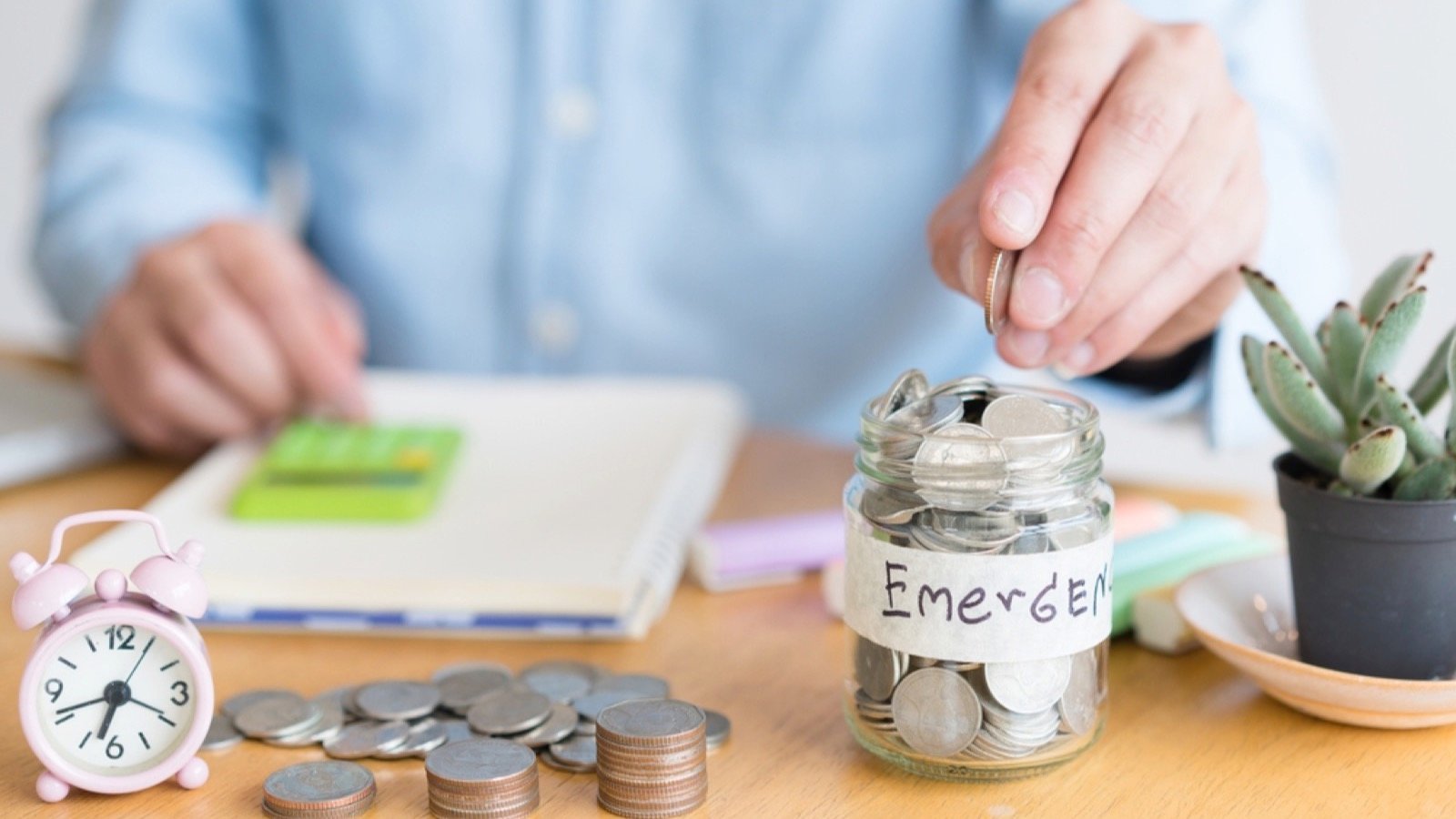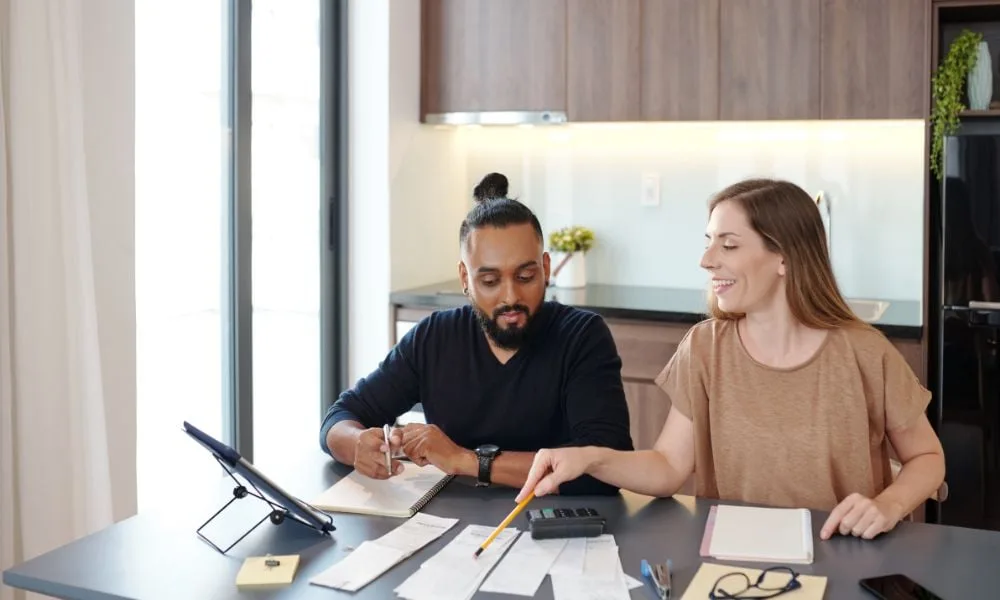22 Budgeting Tips That Actually Work

Everyone’s told that they need to make a budget, and this is essential if you’re hoping to get a handle on your spending and improve your financial situation moving forward. However, you might not know exactly where to begin. Plenty of strategies are out there, but they fail to recognize that everyone is different. Not everyone fits neatly into a box, and neither do their finances.
That’s why it’s crucial to equip yourself with all of the strategies and tips that you could possibly need to start working on your budget using an approach that works for your finances. But where do you begin?
In this budgeting guide, we’ve compiled a whole host of tips that a wide range of demographics use to make sure that there’s something you can use for your unique situation, regardless of whether these tips are foundational or a bit more creative and fresh. Let’s take a look at the 22 budgeting tips that actually work.
Always Start Your Journey with Money Coming in and Money Going Out
 Image Credit: Shutterstock.
Image Credit: Shutterstock.
This might seem like a no-brainer, but plenty of people jump right into budgeting without accounting for every dollar coming into their accounts and every dollar going out. If you don’t know where your money is, it’s very easy to start off on the wrong foot when it comes to budgeting. Whether via the use of apps or by writing down income and spending, make sure you know where you’re at financially before you begin committing to any type of budgeting strategy.
Find a Strategy That Seems Like It Would Work for You
There are plenty of budgeting strategies available. Before we dive into a few of the popular ones, it’s important to remember that not every budget will work for everyone. Don’t be afraid to try each one, and be flexible enough to switch to another if your current one doesn’t work.
- Zero-Based Budgeting: The zero-based budgeting approach helps you better budget by allocating every dollar to a spending category. Whether it’s debt or groceries, you may use this approach to maintain complete control over every dollar in your bank account.
- 50/30/20 Budget: The 50/30/20 budget dictates that those using it will spend 50% on their needs, 30% on wants, and save the other 20%. It’s important to remember that this budget won’t work for those strapped for cash, as you’ll likely need to spend more than 50% of your income on needs alone.
- Pay Yourself First Budgeting: Are you someone who has trouble saving money? If so, you may want to take the “pay yourself first” approach. By establishing a set amount to save each month that you immediately withdraw from your paychecks, you have that money to rely on. Then, you spend the rest on wants and needs.
- The Envelope Budget: Some people fare better with cash than using electronic payment methods. The envelope method allows you to mark each envelope with a specific spending category and then fill it with the exact amount of cash you need. This prevents overspending and promotes more mindful spending in the future.
Balance Debt and Saving Needs

 Image Credit: Shutterstock.
Image Credit: Shutterstock.
Some people think you need to choose between saving money or paying off debt. The reality? You should ignore the “either-or” debate and make room in your budget for both. Paying off debt without savings puts you in a precarious financial situation if you encounter an expense you didn’t plan for. Meanwhile, saving without paying off debt results in your unpaid debt continuing to build. Meeting both needs is the best way to get on the road to financial freedom.
Know That Saving Money Is Only Helpful to a Degree; Investing Is the Next Step

 Image Credit: Shutterstock.
Image Credit: Shutterstock.
Saving is essential, as it gives you access to fast cash you need or helps you work towards buying something you’ve always wanted. But should you keep saving? No. Once you’ve reached a certain amount, you’re likely losing money as the interest you earn isn’t keeping up with inflation. Always have space in your budget for investing, as this activity will help you build wealth over time. It’s vital to plan for the future!
Use Cash for Categories That You Want to Set a Hard Limit for

 Image Credit: Shutterstock.
Image Credit: Shutterstock.
It’s easy to spend money impulsively, but it’s a habit that will inevitably wreak havoc on your budget and make it much harder to afford the necessities in life. This is why some recommend only using cash for things like going to the movies or buying new electronics you want. Setting aside a certain amount of cash and committing to spending only that much each month eliminates the possibility of overspending. Then, you can use electronic payment methods for groceries and rent.
Establish Goals for Your Money

 Image Credit: Shutterstock.
Image Credit: Shutterstock.
If you have a good amount of money left over after accounting for all of your expenses, you don’t want it to just sit in your checking account. Having goals is important for your financial health. Are you looking to pursue higher education or purchase a home? Do you plan on doing something short-term, like buying a new washer and dryer? No matter what your goals may be, start putting your towards them.
Look for Crafty Ways to Cut Down on Spending

 Image Credit: Shutterstock.
Image Credit: Shutterstock.
Most of us know the typical ways to reduce spending, but we might be looking for new ways to shake things up and make more room in our budgets. Some ideas you might not have pursued yet to reduce your spending include using electricity during off-peak hours, upcycling old items for decor or even gifts, or getting free furniture and other major items online. Don’t be afraid to try something new if you want even more wiggle room in your current budget.
Shop Intentionally Rather Than on a Whim

 Image Credit: Shutterstock.
Image Credit: Shutterstock.
Create a list of everything you plan on buying every time you shop. The biggest mistake people make when shopping at any store is not having a list on them. This makes it easy to grab a few items here and there that you don’t need, and it adds up over time. Shop intentionally and only purchase what you need when you go online or in-person shopping.
Contribute What You Can to Emergency Savings

 Image Credit: Shutterstock.
Image Credit: Shutterstock.
Life happens fast, and not everyone is ready for it. When you’re unprepared, you’re more likely to deal with financial stressors. Beyond your regular savings account, you should always have emergency savings that can help you tackle unforeseen expenses or temporary loss of income. Contribute what you can each month until you’re satisfied with the amount you’ve set aside. Don’t worry if you can only save a little bit at a time. Something is better than nothing.
Plan Ahead for Variable Expenses

 Image Credit: Shutterstock.
Image Credit: Shutterstock.
There are two types of expenses in your budget: fixed expenses and variable expenses. The former is consistent, helping you budget more effectively. The latter changes from month to month or even less often. Some examples of variable expenses you already have in your budget are utilities and groceries, but there may be ones you haven’t planned for, like birthday presents and buying new shoes. Try to prepare for all potential variable expenses that crop up at least once a year.
Review Your Bills Regularly to See If You Can Reduce Living Costs

 Image Credit: Shutterstock.
Image Credit: Shutterstock.
Unfortunately, bills change over time. Some bills, like your cable, internet, and even your phone bill, might see an increase every so often. When bills rise, return to them to see if you can do anything to lower them. Most companies will gradually raise prices simply because they can, only to offer you a “special” and return you to your previous billing amount when you start to look into it.
Try Having No-Spend Periods and Looking for Fun, Free Activities

 Image Credit: Shutterstock.
Image Credit: Shutterstock.
You don’t have to spend money to have fun. There are so many free things that you could do out there. Many people looking to make their budgeting less stressful will have no-spend days or a week and enjoy the free stuff around them. Some great examples include visiting the park, visiting the local library or festival, or hiking. If money troubles have you down, free things will keep you occupied and reduce your financial stress.
Only Shop When Rewards and Discounts are Involved

 Image Credit: Shutterstock.
Image Credit: Shutterstock.
There are so many rewards programs and promo codes that you can shop for anything and get a deal. Always use debit or credit cards that offer cashback, see if your bank offers any promos for businesses you plan on spending money at, download apps or extensions that help you find deals, and clip coupons if that’s still a thing for certain stores. The more diligent you are about saving, the better your financial health will be. Just don’t fall into the trap of buying things you don’t need simply because they’re on sale.
Not Single? Find Budgeting Apps Designed for Your Needs

 Image Credit: Shutterstock.
Image Credit: Shutterstock.
Budgeting when you’re single is easy, but partners often struggle once dual incomes become mixed and spending habits don’t align. The good news? There are apps out there that can make it easier. Monarch Money and Honeydue make it easier for you and your partner to stay on top of joint spending and make spending more transparent. All you have to do is bring the communication, and they compromise so everything goes smoothly.
Consider Opening a Separate Account for Side Hustle Income

 Image Credit: Shutterstock.
Image Credit: Shutterstock.
Developing a side hustle can be an excellent way to ensure you have more wiggle room in your budget. But it can get confusing if you pool your primary and side income together. This is why you should open a separate account to store all that cash. If you need to draw from it, you’ll know exactly how much money you’re taking out and where it’s coming from. This may also make it much easier when it comes time to file your taxes.
Be Realistic About What You Can Trim When Money Is Tight

 Image Credit: Shutterstock.
Image Credit: Shutterstock.
It can be easy to confuse wants for needs, especially when times are tough and you’re facing the reality of having to stop spending money on certain things you don’t want to let go of. It’s important to be honest about what you can cut out and can’t. Food, for example, is a necessity. All the streaming services, on the other hand, are not. More importantly, you can replace most wants with some cheap alternative for the time being until you’re back on your feet.
Use Things Until They’re Worn Out, Then Buy Quality Used Items

 Image Credit: Shutterstock.
Image Credit: Shutterstock.
Used goods are often overlooked because everyone wants something new, whether it’s the release date or the physical state of the item. While there’s nothing wrong with this, plenty of used items will serve their purpose and help you save a little extra money along the way. Think about where in your life you could swap out new items for used ones and how it might benefit your budget.
Return to Your Budget Annually

 Image Credit: Shutterstock.
Image Credit: Shutterstock.
Financial circumstances change over time. Some years, you might see little difference in your spending. In other years, you may face changes in your career or new life developments that affect your finances. Return to your budget every year to make sure that it still works for you. If things have changed substantially and you need to rework it, sit down and start fresh.
Stay on Top of Your Overall Financial Health
Do you currently track everything about your financial health? If not, you should. Modern technology has made it easy to stay on top of credit cards, loans, investment accounts, and beyond. This allows you to track your net worth and see significant financial health trends and insights that can make all the difference in your budget and trajectory moving forward.
Make a “Pros and Cons” List for Major or Unnecessary Purchases

 Image Credit: Shutterstock.
Image Credit: Shutterstock.
Budgeting can leave us second-guessing our purchases, for better or for worse. To avoid spending guilt and financial anxiety, list the pros and cons of any purchase you’re unsure about. If it won’t have long-lasting financial repercussions or you really need it and can’t get out of buying it, it might be a good purchase for you.
Switch Bank Accounts and Credit Cards When It Suits You

 Image Credit: Shutterstock.
Image Credit: Shutterstock.
You don’t have to be loyal to any one bank or credit card issuer, especially when using them no longer benefits you. For example, your bank might charge you more and more fees to use their service, or your credit card may drop certain rewards. When this happens, switch to another institution that offers you the benefits you’re looking for. You’ll pay less, get more rewards, and get the support you deserve.
Be Kind to Yourself and Be Willing to Switch Things Around

 Image Credit: Shutterstock.
Image Credit: Shutterstock.
Finally, and most importantly, it’s important to remember to be patient with yourself. Developing greater financial responsibility and learning more about managing your finances more effectively can be challenging. Be kind if you mess up, be ready to deal with those situations, and be patient as you acquire new knowledge and strategies to make budgeting easier.




